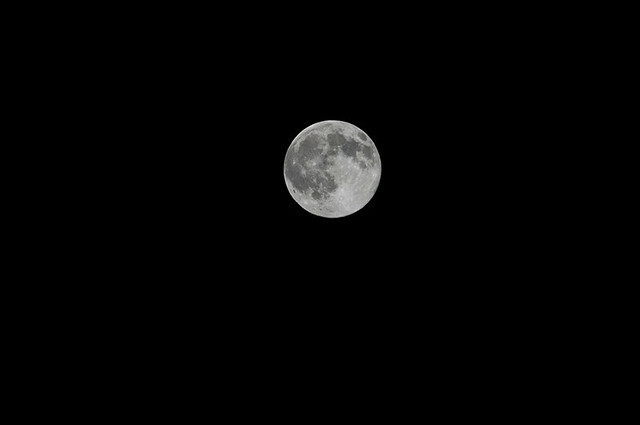 Originally posted by duncan1
Originally posted by duncan1 
The k10D is a great camera for astrophotography, and here's a few sample images:
.
.
.
A common misconception is that high ISOs are required for astroimaging and this is incorrect. Low noise 12bit CCD cameras like the K10D will generally perform better with lower ISOs and longer exposures. ......'
This is a K10D image of the Orion Nebula, 37mins at ISO100 @ 1700mm EFL with no dark frame subtraction:
Very fine overvew + picture, duncan1.
And no doubt that you are right in all aspects of your statements.
Just one comment, though, regarding ISO settings: UNLESS you have a very accurate equatorial tracker (and have aligned that accurately too) or the time and patience to do some serious guiding, you may have to - and can - get away with using higher ISO and shorter exposure times - thanks to the quality of contemporary APS-C and FF sensor technology. Results may not be the very best, but I am actually quite happy with the detail I can get using ISO 1600 under a very light polluted city sky.
Thus, I think that for beginners and not-so-diligent-astrophotographers like myself, it would still be good advice to start out trying the combination of high ISO and short exposure times. Proper alignment and/or guiding can be a pest for beginners that do not have the proper, advanced gear.

200 mm Tamron Model 04B: 8 s exposure at f/4 and ISO 1600 taken with Pentax K200D. Postprocessing in PhotoImpact.
Others have caught the reflexion nebulae in the Pleiades much, much better - but I got my own ! (Even on a rather hazy night with thin, annoying clouds here and there)
B.R. / Stone G.


 Similar Threads
Similar Threads 







 . What scope did you use?.
. What scope did you use?.






 Post #1208 by mikeSF
Post #1208 by mikeSF








